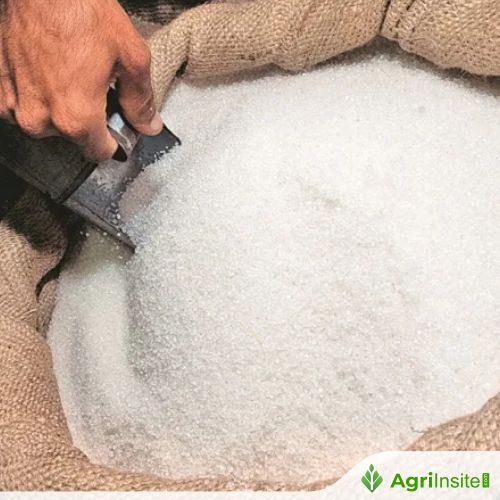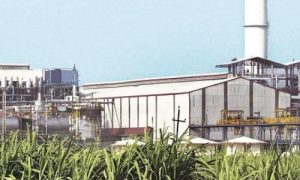Kenya Government to open sugar import window amid shortage

Kenya plans a special import window for raw sugar to revive idle industrial sugar production, facing a 400,000-tonne deficit. CS Lee Kinyanjui says this short-term measure will not affect farmers, with strict quality checks in place. Kibos Sugar’s idle Sh2-billion refinery highlights the urgency to stabilize supply and protect local industry.
The government is set to open a special window for the importation of raw sugar to sustain industrial sugar production, which has been crippled by a nationwide shortage of cane.
Investments, Trade and Industry Cabinet Secretary (CS) Lee Kinyanjui said Kenya faced a shortage of nearly 400,000 metric tonnes of sugar, a deficit that has left billions of shillings’ worth of investments in the sector idle.
The importation that is being considered by the government, he said, would specifically target raw sugar for refining into industrial sugar used in food, beverages, pharmaceuticals, and distilleries.
Speaking during a fact-finding tour of Kibos Sugar and Allied Industries in Kisumu on Thursday, Kinyanjui, who was accompanied by Principal Secretaries Dr. Juma Mukhwana (Industry) and Regina Akoth (Trade), said the move was expected to stabilise the sugar sector and save the exchequer money spent on importing industrial sugar.
“We don’t have enough raw sugar to process industrial sugar. As a result, we have to import because factories such as this one in Kibos, which cost more than Sh2 billion to set up, have not worked since 2016,” the CS said.
The importation plan, he said was a short-term intervention, adding that the government has developed a robust programme to work with farmers and county governments to expand cane production and achieve self-sufficiency within two to three years.
The government, he added, has placed sugar factories under watch to strengthen their outreach programmes to cane farmers throughout grower schemes, with the aim of ensuring steady supply to mills.
He maintained that the importation window targets industrial sugar production, adding that the move would not affect farmers and production of raw sugar locally.
The CS assured Kenyans and stakeholders in the sector that the exercise would be subjected to strict quality and safety checks.
“Importation does not mean we suspend our regulations. There are mechanisms for quality control, and this will be followed to the letter. What we are trying to end is the culture of importing what we can produce locally,” he added.
He added that the government’s priority remains protecting local industries while safeguarding foreign exchange.
“Every time we import, we are draining foreign exchange that could be retained by producing here. The balance is to protect our local industries, create jobs for young people, and still meet industrial demand,” said Kinyanjui.
Kibos Sugar and Allied Industries Managing Director Bhire Chatthe said the firm’s Sh2 billion refinery which was established in the year 2016, required 165,000 metric tonnes annually to operate.
Bhire said the demand could not be met by the group’s raw sugar production, adding that the production from the other factories across the country was not enough for domestic consumption.
He revealed that last year, the company sought approval from the East African Community Secretariat to import 165,000 metric tonnes of raw sugar for refining but only managed to secure 5,000 metric tonnes, leaving its refinery idle.
According to Bhire, operationalising the Kibos refinery alone could save the country up to Sh20 billion in import substitution, while creating new jobs and expanding tax revenue.
“The benefit to Kenya is not just jobs and taxes, but also reducing our import bill,” he said.
He dismissed fears that sugar imports could flood the market, adding that the company has complied with all the set standards since it rolled out operations.
“We have never had an issue with the Kenya Bureau of Standards in the 15 years we have operated. All our products meet national standards. The only challenge is that this factory cannot function without raw sugar,” said Bhirre.
To Read more about Sugar Industry continue reading Agriinsite.com
Source : The Star














